Description
ABSTRACT
The Nature of the Indemnity Right of Trustees
Olaniran Osotuyi*
Trusteeship is at its core, about assumption of obligations; the duties to be discharged must be performed for the benefit of another – the beneficiary. The trustee is required to act at all times in the interest of his cestui qui trust without the prospect of profiting from the trust. If she fails to perform her duty or makes profit whilst performing her duties or places herself in a position where her personal interests conflict with those of the trust, then certain liabilities will ensue. However, where the trustee incurs costs or suffers a liability in the due execution of the trust, the trustee is allowed to recoup the cost from the trust property and in certain circumstances from the beneficiaries. This is the trustee’s right of indemnity. Much as the law is settled on the fact that the trustee is entitled to be indemnified for costs properly incurred in the performance of the trust, the nature of that right has been controversial, particularly whether it confers beneficial proprietary interest in the trust fund on the trustee. This article begins with an examination of the foundations of the right and proceeds to test the right against the different characteristics of property rights. It argues that the trustee’s indemnity right may find an uncomfortable niche within the class of rights which bear the proprietary label but it may not deliver all the benefits nor give rise to all the effects of property rights. The article posits that the ‘beneficial’ label is not merely inappropriate for the trustee’s indemnity right but also unprincipled and can potentially erode the commercial utility of trusts.
INTRODUCTION
Trusts are increasingly employed to accomplish purposes which are difficult, if not conceptually impossible at law. For instance, the trust, unlike an incorporated company, may be used to achieve certain forms of asset partitioning, quasi- security interests creation, amongst others;1 and the role of the trustee has impressively been adapting in every circumstance to achieve the purpose of the settlor – whoever that is. However, the nature of the right of trustees to be indemnified and to recoup expenses legitimately incurred, in the proper exercise of its powers, from the trust fund need to be considered. This article is concerned with examining the indemnity rights of trustees: specifically as to whether the right to be indemnified or reimbursed from the trust fund vests the trustee with beneficial interest in the fund on which the trust was settled.
This is important for two reasons. On the one hand, whether or not the beneficiaries properly so called, may exercise their Saunders v Vautier2 type right depends substantially on the classification which is ultimately imputed to the right or interest of the trustee. The essence of the right is that beneficiaries, who are sui juris and of capacity, regardless of their number, provided they are ascertained, can terminate the trust and request the trustees to vest the trust fund in them regardless of the express wish of the settlor. On the other hand, and perhaps more importantly, in commercial and lending transactions where there is an underlying trust on which the security is held, it becomes important for lenders whose security is held on trust to know the extent and nature of the trustee’s interest in the security – as a co-owner or simply as a lien holder.
* LLM (Cantab), BL. Associate, Olaniwun Ajayi LP, Lagos.
- Worthington Sarah (2002) The commercial utility of the trust vehicle in Hayton, David J, (ed.) Extending the Boundaries of Trusts and Similar Ring-Fenced Funds, Kluwer Law International, London 135-162.
- (1841) 4 Beav 115 affd Cr & Ph 240.

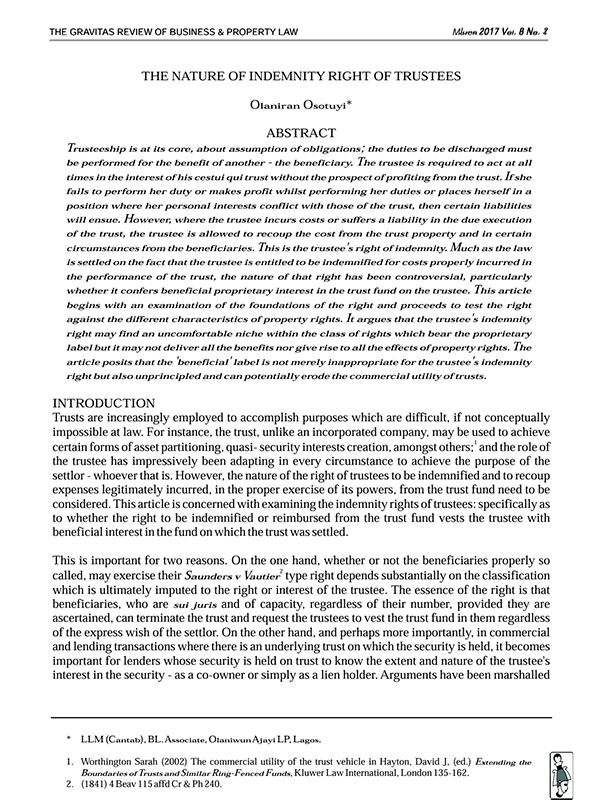
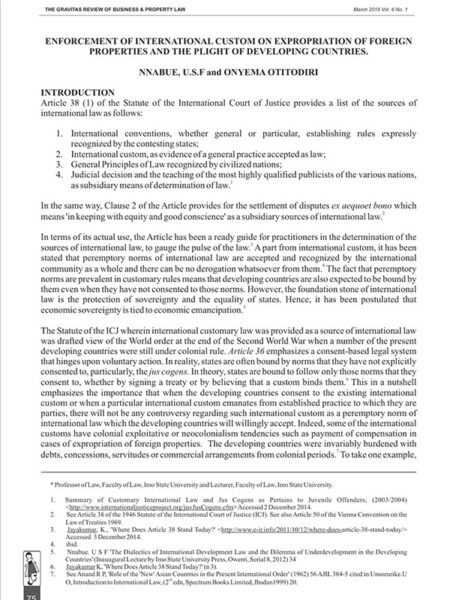
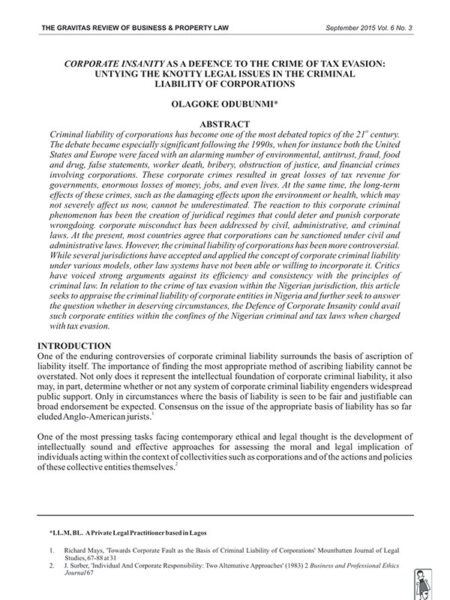
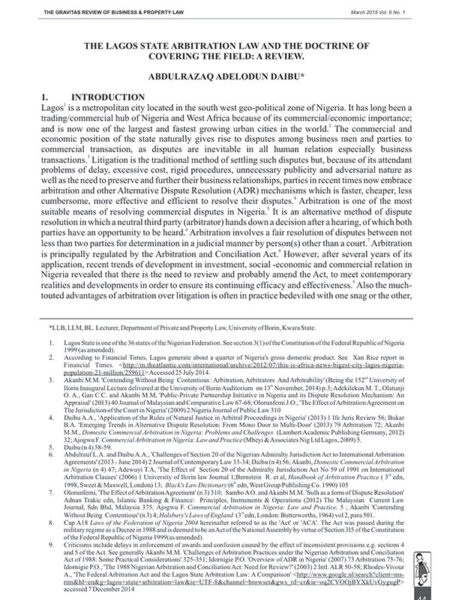
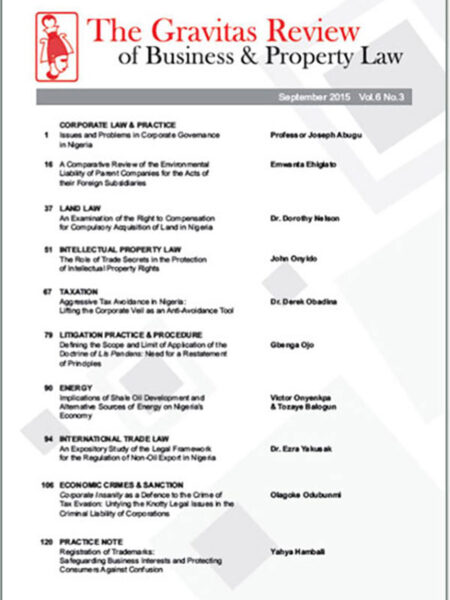


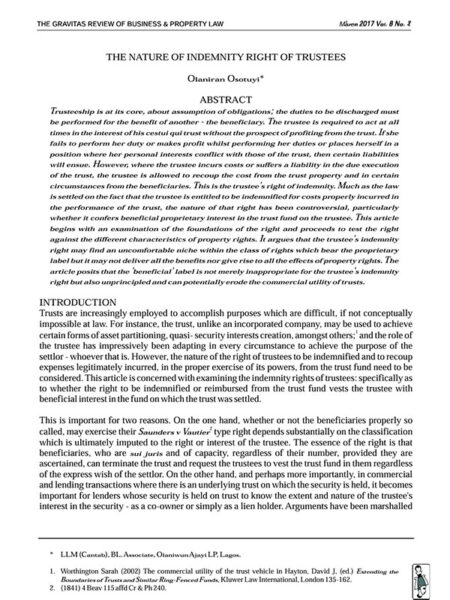
Reviews
There are no reviews yet.